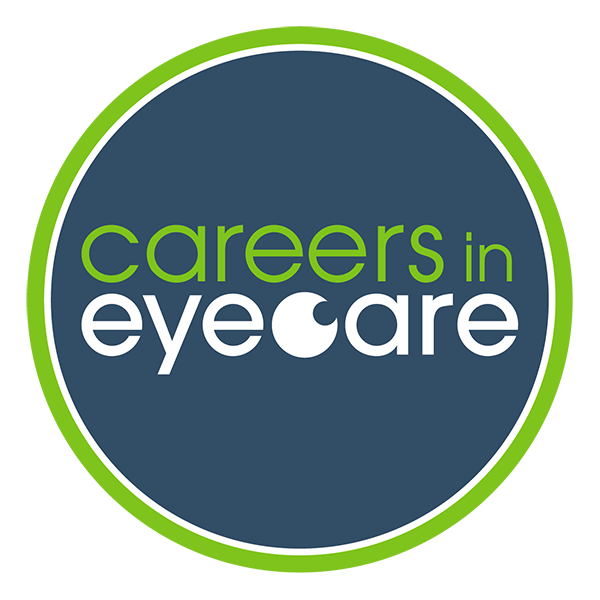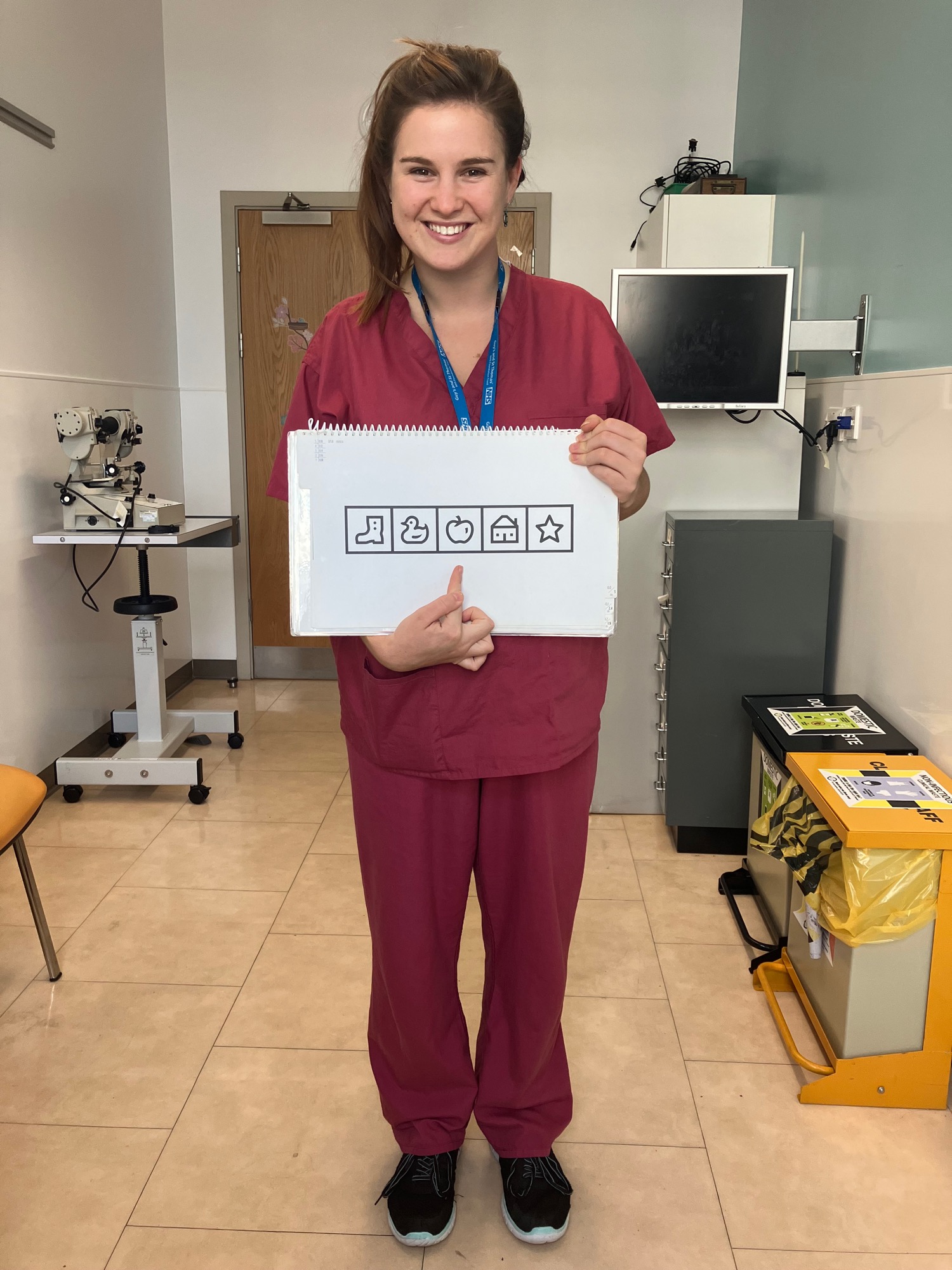1. Become a respected health professional Orthoptists are experts in diagnosing and treating defects in eye movement and problems with how the eyes work together, called binocular vision. They are registered with and regulated by the Health and Care Professions Council (HCPC). To qualify, they study for a degree in orthoptics. You can find out more about the course, including where you can study, here. Each university sets their own entry requirements but they usually include good GCSE Maths, English…







